

Oil Extractor Spiral Soybean Peanut Vegetable Oil Press Machine Sunflower Oil Making Machinery

HYDRAUL PRESS Plastic Press Baler Machine For Used Clothing Baler


10Ton Per Day Sunflower Palm Fruit Oil Press Line/cooking Oil Refining Machine/oil Processing Plant


Full Automatic Olive Coconut Edible Chili Oil Bottle Filling Capping Labeling Machine 10000 Ml


Manufacturer Factory Price Small Mini Extractor Cocoa Cacao Bean Butter Fat Oil Press Extraction Machine


1TPH-100TPH Palm Oil Processing Machine Palm Oil Mill Palm Oil Production Line

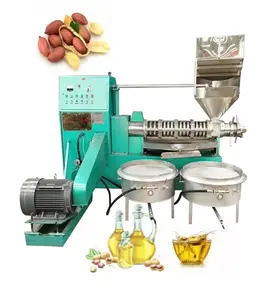
Small stainless hot and cold oil extraction machine seed soybean sunflower coconut olive oil press machine for business

Automatic Seed Oil Extraction Machine Oil Making Machine Price Olive Oil Press Machine
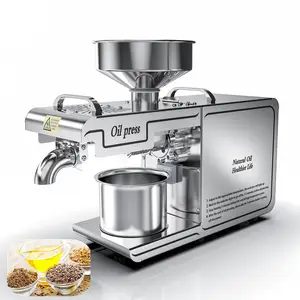
2024 Hot Sale Small Automatic Home Use Cold Press Oil Machine Peanut Soybean Olive Oil Press Machine

New products olive extractor machine peanut sunflower cold hot home sesame oil expeller oil press machine
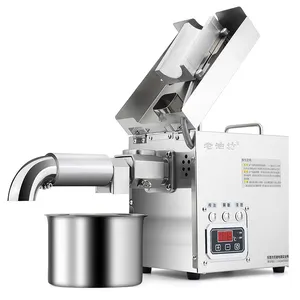
10KG/Hour Oil pressers Mini Home use Fully Automatic Screw Avocados Olive Cold Oil Press Machine for small business

6YL-95 Best selling home olive oil press machine

Organic Olive Oil Extraction Machine Red Palm Sunflower Squeezing Machine Cold Oil Press Machine for Small Business Farm
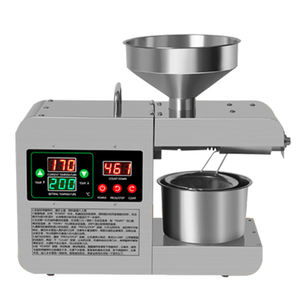
Full Automatic Mini Small Household Home Use Oil Extraction Making Edible Olive Oil Press Machine

New Design Cold & Hot Peanut Sesame Rapeseed Walnut coconut palm corn olive electric home use oil press extraction machine

Professional homemade Hottest selling small olive oil press machine for home use HJ-P10

olive oil press germany 240v oil press machine coconut oil machine pressing manual

Home Automatic Easy to use Olive Oil Extractor oil press machine
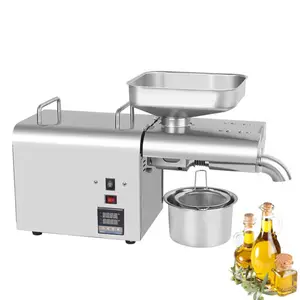
Home use mini olive oil extraction machine hemp oil press machine

Cold oil extractor/home olive kernel oil pressing machine/oil press price

Reliable quality cheap price full automatic sunflower peanut spiral oil mill home olive oil press machine

Factory Price full automatic mini small household home use oil extraction making edible olive oil press machine
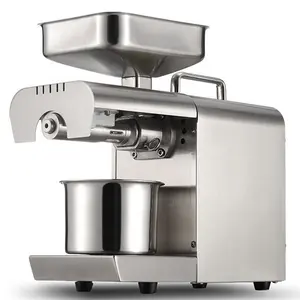
Mini home olive oil press machine automatically

Automatic Olive Oil Press Machine / Cold Press Oil Machine For Sale With High Quality

popular home olive oil press machine rapeseed oil press machine P10

China FUYI Home Olive Oil Cold Press Machine Oil Presser Machine
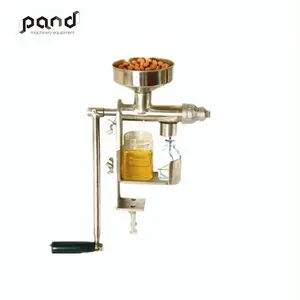
Mango seed oil press hand operated small olive oil press machine for sale

Home Use Peanut Hand Operated Manual Small Olive Coconut Peanut Oil Expeller Oil Press Machine
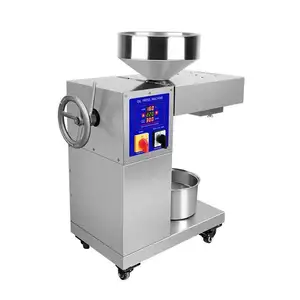
Manufacturer fully automatic screw olive oil extractor machine cold press small flax seed olive oil press machine

Full Automatic Mini Small Household Home Use Oil Extraction Making Edible Olive Oil Press Machine
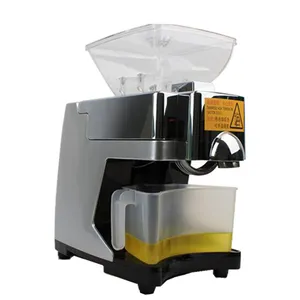
Nice price for home use mini machine making olive oil cold press oil machine commercial
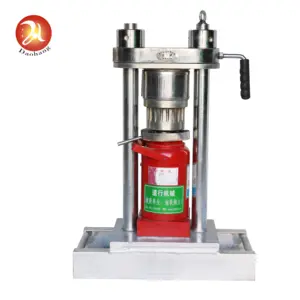
Home use small mini manual olive oil cold press extraction machine
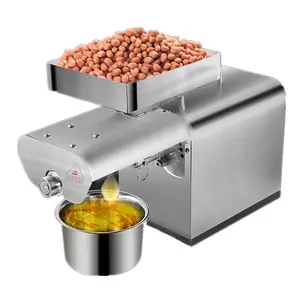
Home mini oil press olive oil extraction machine sunflower seed soybean expeller machine price
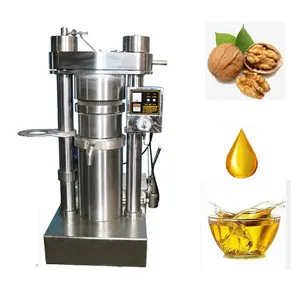
100kg home olive oil press palm oil making prickly pear seed oil extraction machine
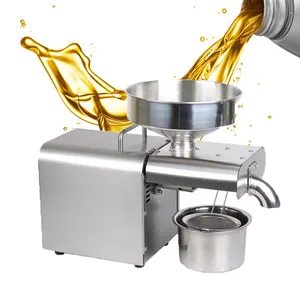
Factory Supplier Home Use Mini Olive Oil Press Machine For Sale
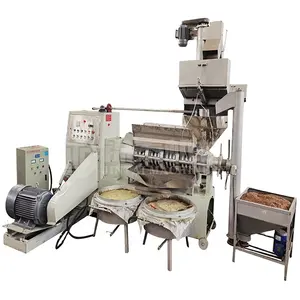
6YL-218 model big large electric cold extract avocado sunflower palm peanuts coconut olive oil press machine for factory use

Mini manual oil press machine / new type home small cold olive manual oil press

screw mini home use spiral cold small olive oil press machine


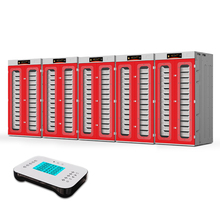
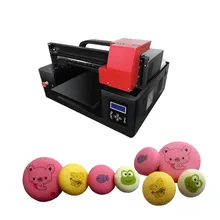























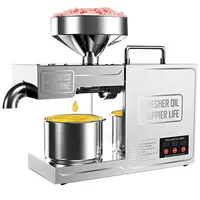








 浙公网安备 33010002000092号
浙公网安备 33010002000092号 浙B2-20120091-4
浙B2-20120091-4